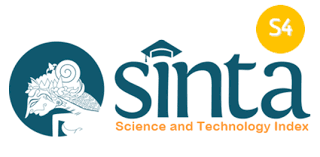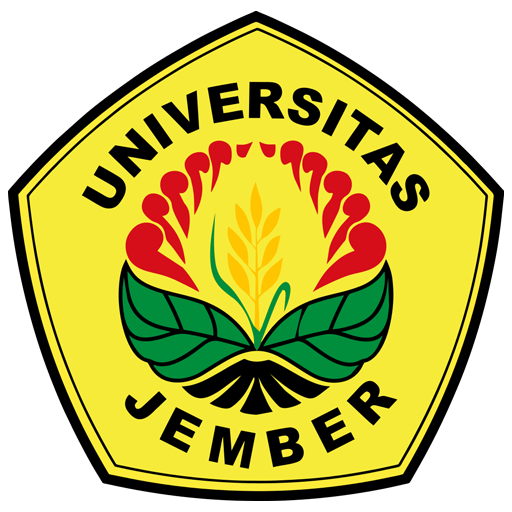Perjanjian The New Start antara Amerika Serikat dengan Rusia (The Treaty of The New Start between United States of America with Russia)
DOI:
https://doi.org/10.19184/e-sos.v6i1.12185Abstract
Abstract
The concession on The New Strategic Arms Reduction Treaty (The New START) on April 8th 2010 in Praha denoted a new round in resetting the relationship between The United States of America and Russia. The New START treaty, which is officially named Measures for the Further Reduction and Limitation of Strategic Offensive Arms, is a treaty enacted and backgrounded by the awareness of nuclear weapon danger, which eventually calls for weaponry control between The United States of America and Russia, particularly in the realm of strategic nuclear weapon. The very treaty constitutes the continuation of the former treaty regime, START I treaty and Moscow Treaty (SORT). As such, this treaty aims at two main similar objectives, pertinent to the reduction of strategic nuclear weapon (disarmament) and supervision as well as verification. The New START treaty is expected to be the successor of the former regime. This scientific paper delves into discussing the effectiveness of The New START treaty in supervising and reducing the ownership of strategic nuclear weapon. Data in the present study were obtained from literature study. Obtained data were then analyzed using effectiveness theory of international regime, proposed by Arild Underdal. The research finding corroborated the effectiveness of The New START treaty, as evinced by independent and dependent variables, which were both fulfilled and positive. The regime of The New START treaty can bring The United States of America and Russia together so as to bring down the ownership of strategic nuclear weapon and implement regulations concerning supervision and verification issues as stipulated in the treaty. It even can encourage the other Nuclear Weapon States (NWS) to reduce their armory, apply transparency, and empower NPT regime.
Ke y w o r d s i n tern a ti ona l re g ime s t r a te g ic nu cle a r a r m o r y, d i s a r m a me n t, an d t r an sp a r e n c y
Downloads
Downloads
Published
Issue
Section
License
Penulis yang mengusulkan naskahnya untuk dapat diproses penerbitannya pada e-SOSPOL dianggap telah menyetujui beberapa hal sebagai berikut:
1. Penulis tidak dapat menarik naskah yang telah usulkan untuk diproses hingga mendapat jawaban dari Ketua Dewan Penyunting atas status naskah artikel ilmiahnya (diterima atau ditolak untuk diterbitkan).
2. Penerbit tidak bertanggung jawab terhadap kasus plagiasi atas artikel yang terbit pada e-SOSPOL
3. Penerbit tidak bertanggung jawab atas data dan isi dari artikel yang diterbitkan pada e-SOSPOL, dan sepenuhnya merupakan tanggung jawab penulis.







